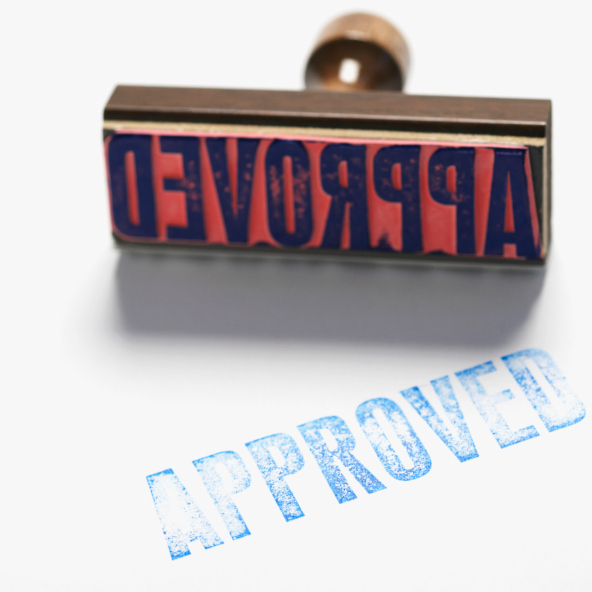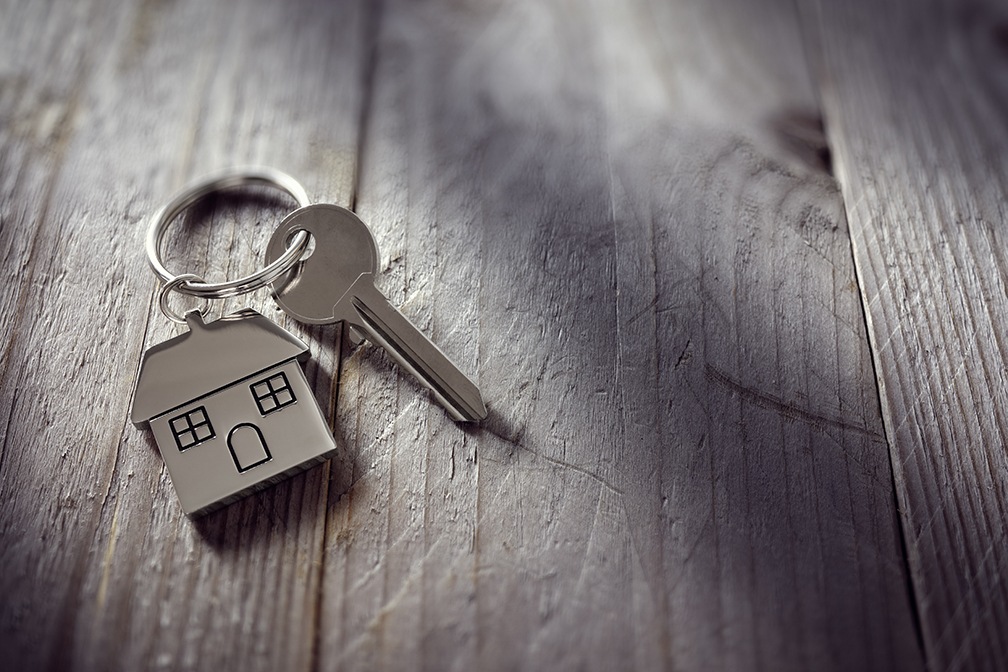How to Run a Quick Financial Health Check Before You Apply for a Mortgage
 Are you planning on using a mortgage to help cover the cost of a new home? If so, you will want to prepare your finances and figure out how you will manage all those wallet-draining monthly expenses. Let’s take a look at how to run a quick financial health check to ensure you are ready to apply for a mortgage.
Are you planning on using a mortgage to help cover the cost of a new home? If so, you will want to prepare your finances and figure out how you will manage all those wallet-draining monthly expenses. Let’s take a look at how to run a quick financial health check to ensure you are ready to apply for a mortgage.
Update (Or Start) Your Monthly Budget
First, it is essential to get the basics out of the way. If you haven’t already, it’s time to start a monthly budget to keep track of your income and expenses. Once you have a mortgage, it will be important to prioritize your monthly payments so that you don’t end up falling behind.
Starting a budget is easy and can be done with mobile apps, software, a spreadsheet or a pen and paper. List all sources of income so that you know exactly how much cash you are working with. Then, list out every one of your expenses. It can be tough to remember them all, so consider using debit and credit card statements from the past few months as a reminder.
Get A Copy Of Your Credit Report
Next, you will want to get a copy of your credit report so you can see what potential mortgage lenders will see when assessing your financial history. This is a free service that you can request once per year, so be sure to take advantage. Note that you will want to use government-approved websites for requesting your credit report. Be wary of scams.
Do You Have A Down Payment?
A down payment is not required for every home purchase, but having one saved up can make the buying process easier. The amount you will want to have saved up will depend on the cost of your home, whether you plan on carrying private mortgage insurance and a variety of other factors. If possible, try to save up an amount close to (or more than) twenty percent of the home’s purchase price.
Ready? Chat With A Professional
Now that you have run a quick financial health check, it is time to meet with a mortgage professional to discuss your options.

 If you’re about to seek approval for a mortgage, you’ll want to ensure you have a solid credit score and clean financial records to boost your likelihood of being approved. There are certain characteristics that lenders want to see in a mortgage applicant before they agree to give a loan, and you want to prove that you’re a responsible borrower. But certain behaviors can easily tank your application and crush your home ownership dreams.
If you’re about to seek approval for a mortgage, you’ll want to ensure you have a solid credit score and clean financial records to boost your likelihood of being approved. There are certain characteristics that lenders want to see in a mortgage applicant before they agree to give a loan, and you want to prove that you’re a responsible borrower. But certain behaviors can easily tank your application and crush your home ownership dreams. The mortgage process is a long and complicated one, with a number of similar-sounding terms that can easily confuse first-time homebuyers. A pre-approval is not the same thing as a pre-qualification, and it’s important to understand everything that goes into a pre-approval. Being declined during the pre-approval process means you’ll have a hard time getting the funds you need to buy your home, so it’s important that you know what the process is going to look like before going into it.
The mortgage process is a long and complicated one, with a number of similar-sounding terms that can easily confuse first-time homebuyers. A pre-approval is not the same thing as a pre-qualification, and it’s important to understand everything that goes into a pre-approval. Being declined during the pre-approval process means you’ll have a hard time getting the funds you need to buy your home, so it’s important that you know what the process is going to look like before going into it. In these days of low interest rates, it can be a great idea to get into the real estate market and invest in a home. However, if you don’t have the funds saved up to buy a home outright, it may seem like more of a burden than it’s worth. The good news is that you might qualify for a mortgage loan, which tends to come with more favorable terms than a traditional bank loan. Here are three reasons why a mortgage might just be the best money you ever borrow.
In these days of low interest rates, it can be a great idea to get into the real estate market and invest in a home. However, if you don’t have the funds saved up to buy a home outright, it may seem like more of a burden than it’s worth. The good news is that you might qualify for a mortgage loan, which tends to come with more favorable terms than a traditional bank loan. Here are three reasons why a mortgage might just be the best money you ever borrow. Whether you have recently graduated from college or are getting close to retirement, it’s likely that you have given some thought as to how you can grow your net worth. You might have invested in stocks, picked up a few bonds or have a 401(k) plan set up to help fund your retirement. But have you considered buying real estate as part of your portfolio?
Whether you have recently graduated from college or are getting close to retirement, it’s likely that you have given some thought as to how you can grow your net worth. You might have invested in stocks, picked up a few bonds or have a 401(k) plan set up to help fund your retirement. But have you considered buying real estate as part of your portfolio?